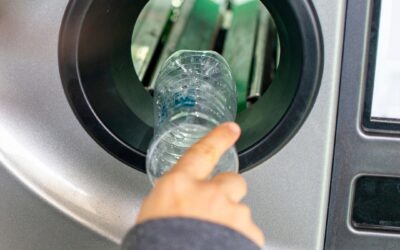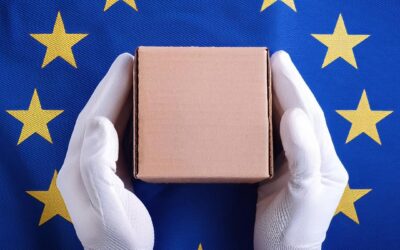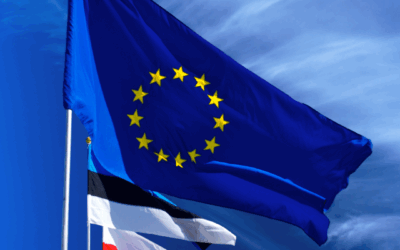Extended producer responsibility for packaging in Denmark: Everything you need to know!

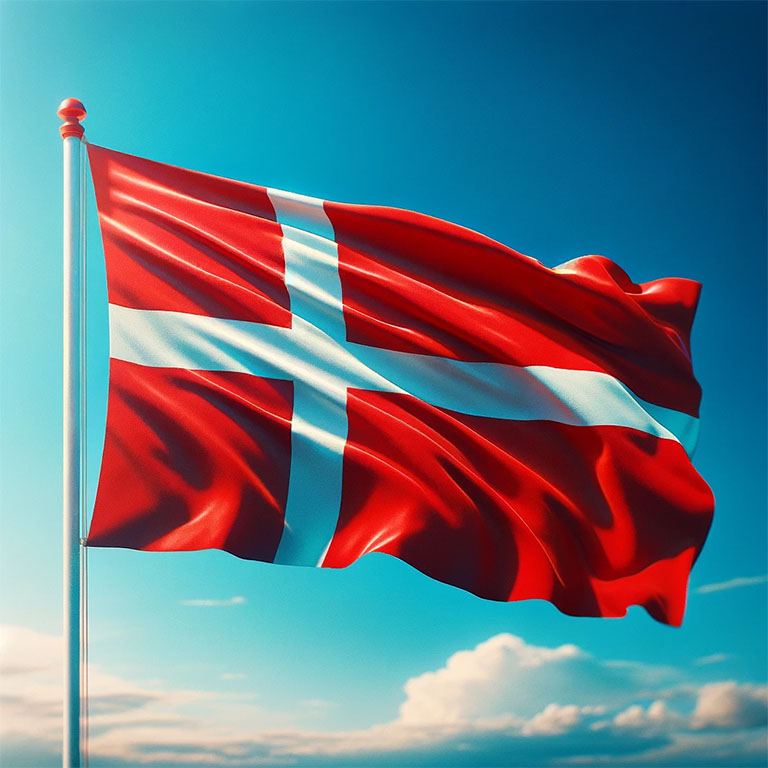

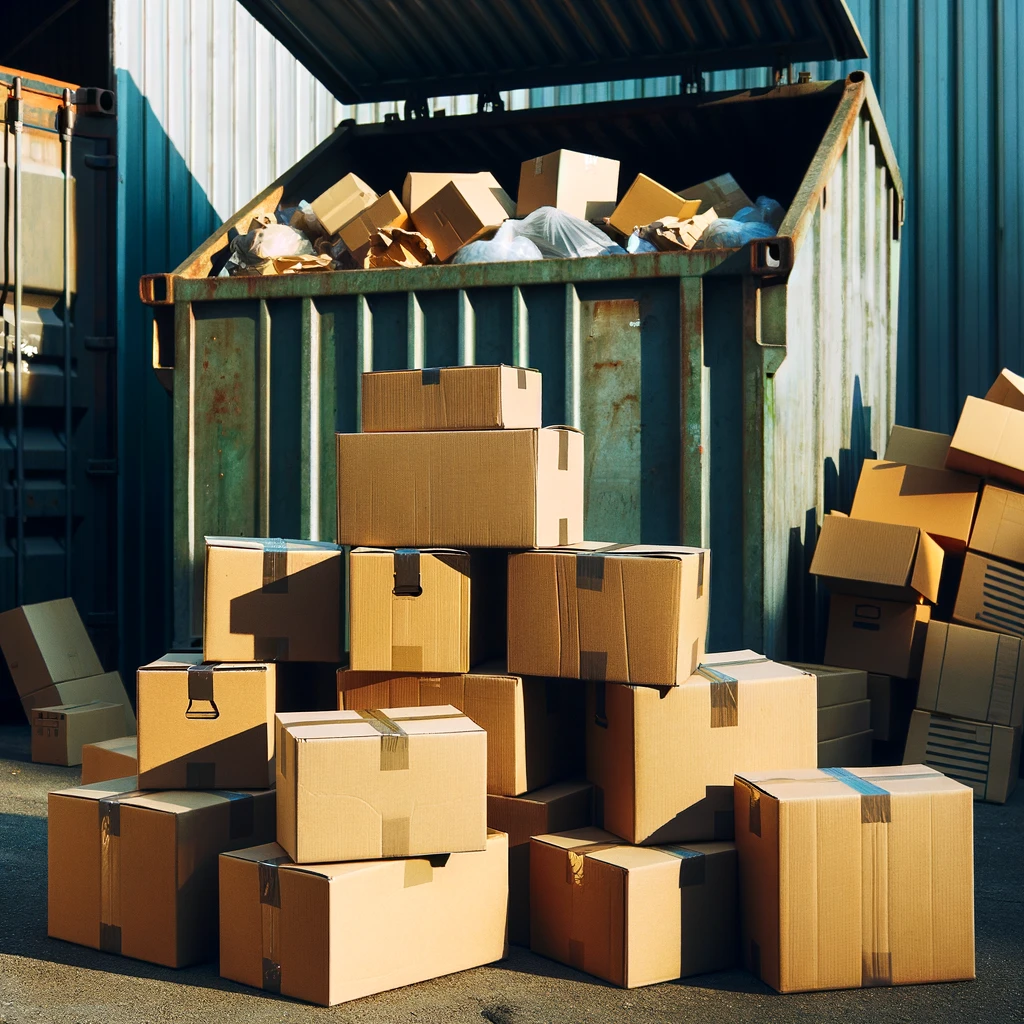
On 1 October 2025, a new era in waste management will be introduced in Denmark: extended producer responsibility (EPR) for packaging is coming. (The new regulations regarding extended producer responsibility were originally scheduled to come into force on 1 July 2025). In concrete terms, this means that from this date, manufacturers will be obliged to ensure that their packaging is recycled. Denmark is thus the last country in the EU to implement the overarching EU Packaging Directive 94/62/EC.
Contents of the new EPR law in Denmark
The Danish parliament has approved the delegation of responsibility for packaging and single-use plastic products to companies placing them on the market, based on the polluter-pays principle. This means a significant redistribution of the costs of recycling: what was previously borne by citizens will now be transferred to manufacturers.
Companies placing packaging on the market must now bear the costs of collecting and sorting household waste and participate in programmes to reduce packaging waste and promote recycling. The EPR for packaging applies to all types of packaging, regardless of whether it is plastic, glass, wood, metal, cardboard, paper, etc. In Denmark, a distinction is also made between three types of packaging: primary and sales packaging, secondary packaging and multipacks, and tertiary and transport packaging. It is estimated that around 41,000 companies will be affected by this regulation. In addition, charges will be introduced for the disposal of single-use plastic.
There are exceptions for smaller manufacturers: They can be exempted from producer responsibility unless they import packaging from abroad. A small business is any company that employs fewer than ten people and has an annual turnover of less than 15 million DKK. This regulation will be reviewed again in 2027.
Key deadlines for companies
A registration obligation for packaging according to the Danish regulation (Bekendtgørelse om registrering og indberetning af emballage) in the Danish producer register existed until 31 August 2024.
On 20 September 2024, an additional regulation (Bekendtgørelse om visse krav til emballager, udvidet producentansvar for emballage samt øvrigt affald der indsamles med emballageaffald) was published. This new regulation extends the previous regulations and is expected to come into force on 31 December 2024.
According to this new regulation, there are further deadlines for companies that place packaging on the Danish market:
- All manufacturers must have joined a collective system by 14 January 2025.
- Producers must report the packaging quantities actually placed on the market in 2024 by 1 June 2025. Simplified reporting is available for manufacturers who place less than 8 tonnes of packaging on the Danish market per year.
Implementation of producer responsibility
You are obliged to register your company with Dansk Producent Ansvar DPA and report your packaging volumes for 2024. In addition, you must have participated in a collective system by 31 August 2024 and appoint an authorised representative. Missed this important deadline? Don’t worry! We can help with our licensing service!
The background to the new Regulation
This policy decision aims to identify those in the value chain who have the greatest influence on packaging design. It is an important step towards improving waste management and recycling in Denmark and strengthening the circular economy.

LIZENZERO.EU makes packaging compliance in Europe very easy.
Do you ship your products to different countries in the EU? Many different legal requirements and obligations can make the whole thing quite complicated – but don’t worry, we’ll do it for you. How do we do it? With our licensing service, we take over all obligations for you by power of attorney. Sounds good? We’ll be happy to advise you.
For shipping to Germany, you can easily fulfill your packaging obligations yourself via Lizenzero.de.
Deposit systems in the EU explained
Deposit systems show that simple solutions help to keep packaging in circulation and increase recycling rates. However, there are major differences within the EU: while countries such as Germany, Sweden and Finland have been using deposits for years and achieving high return rates, other Member States are still in the early stages.
Mandatory from 2026: The EU Authorised Representative for Packaging explained
Europe is an attractive but regulatory complex market. One of the more complex requirements is the appointment of an authorised representative (AR). The AR is the central interface between the manufacturer and the European market surveillance authorities. The authorised representative plays an important role in product safety and extended producer responsibility (EPR) and is therefore becoming increasingly important to ensure access to the market.
Authorised Representatives in Europe: Which ones are there and what do you need them for?
Europe is an attractive but regulatory complex market. One of the more complex requirements is the appointment of an authorised representative (AR). The AR is the central interface between the manufacturer and the European market surveillance authorities. The authorised representative plays an important role in product safety and extended producer responsibility (EPR) and is therefore becoming increasingly important to ensure access to the market.


